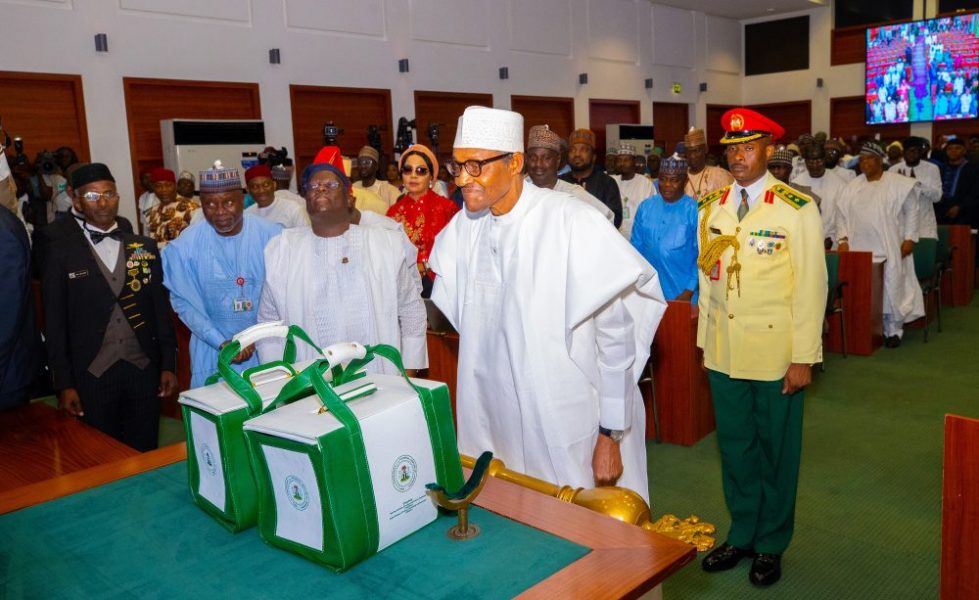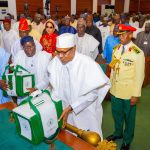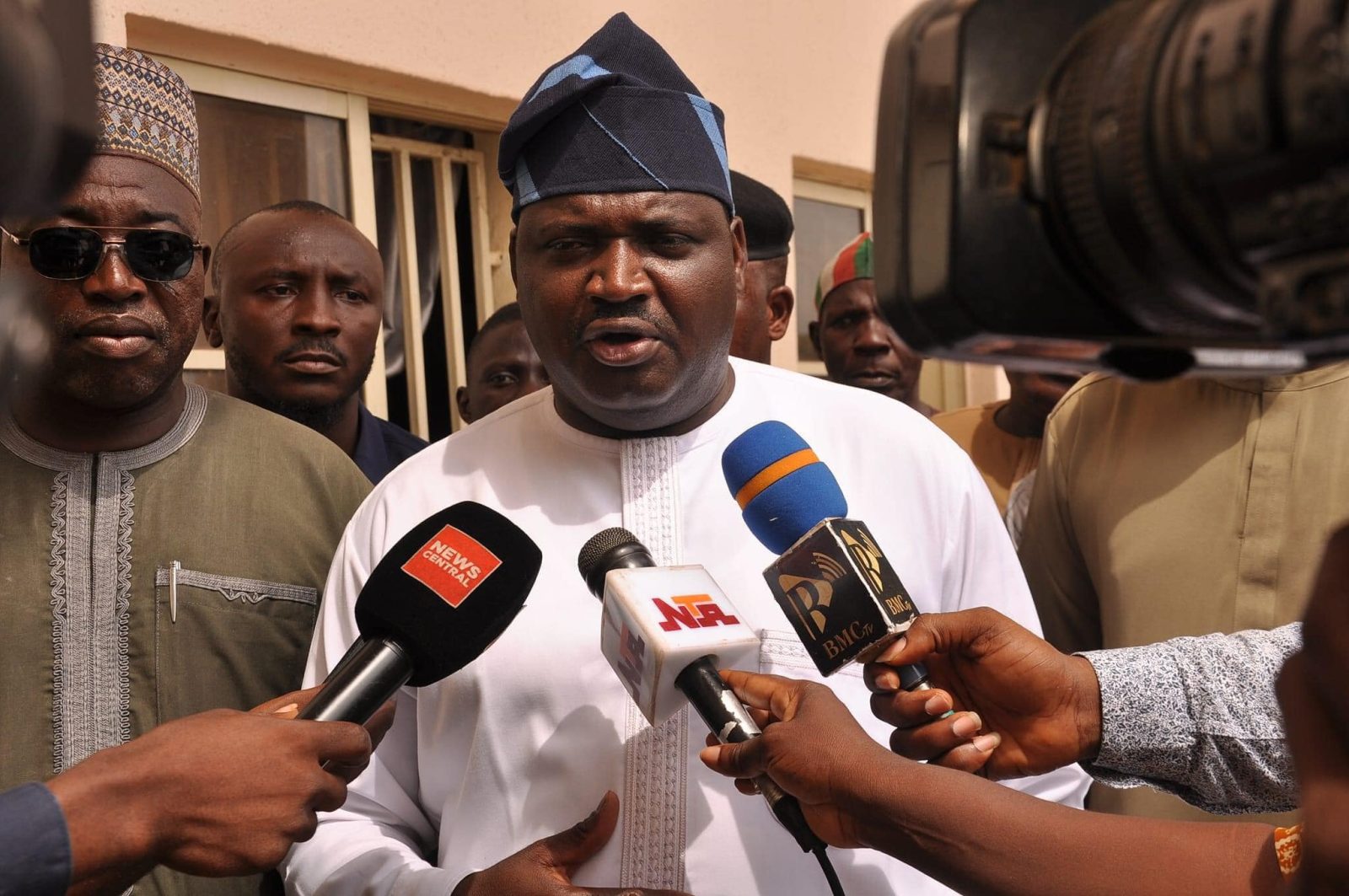Another first was scored by President Muhammadu Buhari on Friday as he laid before the joint session of the National Assembly a N20.51 trillion budget for the 2023 financial year, the last to be presented by his administration as he exits office in May 2023.
The N20.51 trillion budget estimates, the highest in Nigeria’s history is tagged the “Budget of Fiscal Sustainability and Transition.”
A breakdown of the budget shows that N8.27 trillion is set aside for non-debt recurrent costs, N5.35 trillion for capital expenditure, N1.1 trillion for overhead costs and N744.11 billion is earmarked for statutory transfers.
Addressing the lawmakers of both the House of Representatives and the Senate, Buhari said the “transition budget” was aimed at addressing critical issues and lay a solid foundation for the incoming administration.
According to him, based on the fiscal assumptions and parameters as contained in the budget, about N16.87 trillion is expected to be generated in 2023 as federally collectible revenue.
Total federally distributable revenue is estimated at N11.09 trillion in 2023, while total revenue available to fund the budget is estimated at N9.73 trillion, the president said.
The revenues are expected to be generated by over 63 government-owned enterprises and companies.
The president also said oil revenue is projected at N1.92 trillion, non-oil taxes are estimated at N2.43 trillion, federal government independent revenues are projected at N2.21 trillion.
Other revenues is put at N762 billion, while the retained revenues of the GOEs amount to N2.42 trillion.
“Sustenance of revenue diversification strategy would further increase the non-oil revenue share of total revenues while N2.42 trillion would be for spending by Government-Owned Enterprises, the proposed N20.51 trillion 2023 expenditure comprises:
“Statutory Transfers of N744.11 billion; Non-debt Recurrent Costs of N8.27 trillion; Personnel Costs of N4.99 trillion; Pensions, Gratuities and Retirees’ Benefits of N854.8 billion; Overheads of N1.11 trillion; Capital Expenditure of N5.35 trillion, including the capital component of Statutory Transfers; Debt Service of N6.31 trillion; and Sinking Fund of N247.73 billion to retire certain maturing bonds.
“The government expects a total fiscal operations to result in a deficit of N10.78 trillion, representing 4.78 percent of estimated GDP, above the 3 percent threshold set by the Fiscal Responsibility Act 2007.
“As envisaged by the law, we need to exceed this threshold considering the need to continue to tackle the existential security challenges facing the country,” Buhari said.
On how to finance the budget deficits, the president said it would be financed mainly from new borrowings totalling N8.80 trillion, N206.18 billion from privatization proceeds and N1.77 trillion drawdowns on bilateral and multilateral loans secured for specific development projects and programmes.
On approval of budgets for government owned enterprises by the lawmakers,
Buhari urged them to follow proper protocols in doing so by returning such budgets to the Executive arm of government for verification.
In the current year’s budget, the president had complained that the provisions made for about 10,733 projects were grossly cut, while 6,576 new projects were introduced by the National Assembly.
He maintained that the inclusion of the new provisions in the budget totalling N36.59 billion for “NASS constituency projects” in the Service-Wide Vote negated the principles of separation of powers and financial autonomy of the different arms of government.
“I would like to implore the leadership of the National Assembly to ensure that the budget I lay here today, which includes those of the GOEs, be returned to the Presidency when passed.
“The current practice where some committees of the National Assembly purport to pass budgets for GOEs, which are at variance with the budgets sanctioned by me, and communicate such directly to the MDAs is against the rules and needs to stop,” Buhari stated.
























Leave a comment